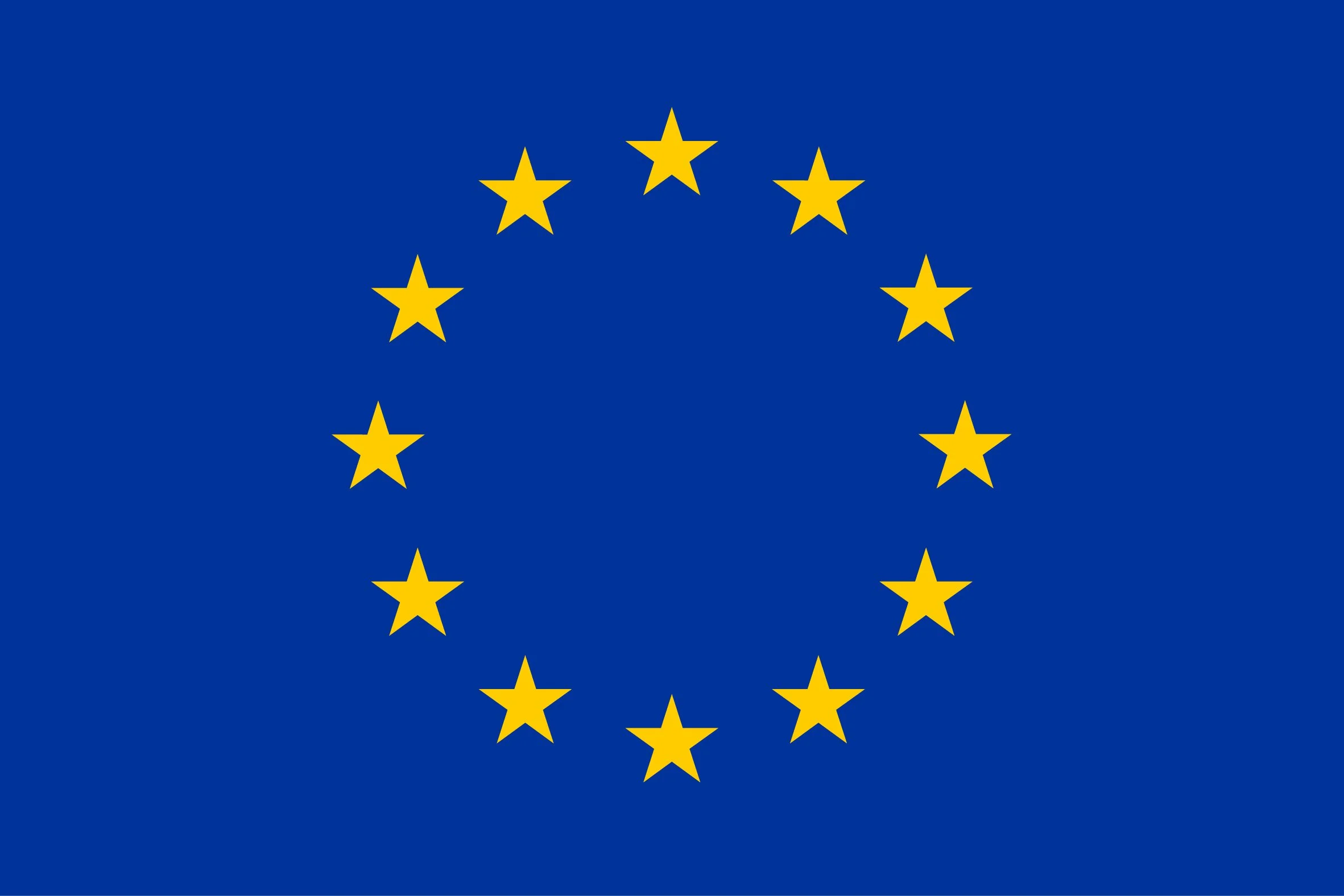Project Portfolio: From EU prototypes to Canadian implementation
Supported by public funding, DDE concepts, technologies, and methodologies have been honed and road-tested through several Proof-of-Concept prototype projects. Here is a brief synopsis of three EU prototypes:
Digital Immunization Passport project with NGI DAPSI
Co-developed with OwnYourData, Digital Immunization Passport (DIP) is a state-of-the-art solution for digital vaccination certificates, built to demonstrate safe and secure bilateral information exchange between actors within a distributed data ecosystem.
Funded through an NGI DAPSI grant, the initial Proof-of-Concept (PoC) use case successfully demonstrated a digital version of the International Certificate of Vaccination or Prophylaxis (ICVP), also known as the Carte Jaune or Yellow Card.
Digital Immunisation Passport
This project has received European Funding from the Horizon 2020 research and innovation programme under grant agreement No:871498
The project is perfectly poised for partnership with interested Healthcare providers and sponsors to accelerate development plans for scalable deployment.
The project team would like to thank NGI DAPSI for their continued support of the project and for empowering internet innovators to develop technology solutions and services in the "Data Portability" field.
Dynamic Data Sharing Hub project with NGI eSSIF-Lab
Dynamic Search Engine (DSE) (formally known as Dynamic Data Sharing Hub (DSH)) is a component that facilitates structured criteria searches on harmonised data within a distributed data ecosystem. Escrow lockers temporarily store the self-certifying identifiers of any matched targets, along with a related notice for intended data usage.
Under the recipient's authorised permission, a Data Governance Administration (DGA) can then act as an agent to facilitate authorised access to permissioned data to enable insights-driven service providers to generate accurate insights for the benefit of the ecosystem.
NGI eSSIF-Lab funded the initial Proof-of-Concept (PoC) use cases for Criteria search and Patient recruitment. A successful demonstration of the component has led to a partnership with the University of Guelph to develop a Semantic Engine for scalable deployment.
The project team would like to thank NGI eSSIF-Lab for their continued support of the project and for advancing the broad uptake of Self-Sovereign Identities (SSI) as a next-generation, open and trusted digital identity solution for faster and safer electronic transactions via the Internet and in real life.
Decentralised Key Management System for SSI project with NGI eSSIF-Lab
Decentralised Key Management System (DKMS) is a library that developers can use to build an ambient cryptographic infrastructure to underpin a distributed data ecosystem, allowing the exchange of authentication keys between self-sovereign actors.
Funded through an NGI eSSIF-Lab grant, the initial Proof-of-Concept (PoC) use case successfully demonstrated the bilateral exchange of information between an Issuer of a credential and the Holder of self-attested claims about a Subject across a light DKMS infrastructure.
The project has provided a strong foundation for standing up a lightweight ambient infrastructure and is now perfectly poised for partnership with interested Cybersecurity providers and sponsors to accelerate development plans for scalable production-ready deployment.
The project team would like to thank NGI eSSIF-Lab for their continued support of the project and for advancing the broad uptake of Self-Sovereign Identities (SSI) as a next-generation, open and trusted digital identity solution for faster and safer electronic transactions via the Internet and in real life.
Check out the blog post "Celebrating closing of EU project DKMS-4-SSI" [click here Add link to Blog post 3—] for more information about this project.
The success of the EU prototypes has provided vindication of the DDE v1.0 architecture and has led to a longer-term collaborative project with an academic institution in Canada. Here is a brief synopsis of that Canadian-based project:
Semantic Engine project with Agri-food Data Canada at the University of Guelph
In partnership with Agri-food Data Canada at the University of Guelph, the Human Colossus Foundation is co-developing a Semantic Engine for researchers to create, use and export schemas using the flexible and extensible Overlays Capture Architecture (OCA) as a preferred solution for data harmonisation. The semantic engine will help researchers write better data schemas with less effort to generate meaningful data.
Agri-food Data Canada is extremely excited about working with the Human Colossus Foundation to increase the FAIRness of agri-food data.
Michelle Edwards -Director, Agri-Food Data Strategy, University of Guelph
The summer of 2024 marks the earmarked completion of the project's next development phase. More projects on the way…
New Project Proposals
All project development at The Human Colossus Foundation is a collaborative engagement with like-minded contributors who resonate with DDE concepts, technologies, and methodologies, facilitating the development of distributed data ecosystems and harnessing the transformative power of technological and socio-economic innovation through earmarked funding. We strive to engage with collaborators in a spirit of trust, candid communication, and transparency. Our collective efforts also depend on the support and resources of governments, the private sector, communities, and individuals.
To receive updates about the Foundation’s projects, subscribe to the Foundation’s mailing list here. If you are interested in collaborating on a new project with The Human Colossus Foundation, please send us a brief project proposal for consideration at contact@humancolossus.org.






